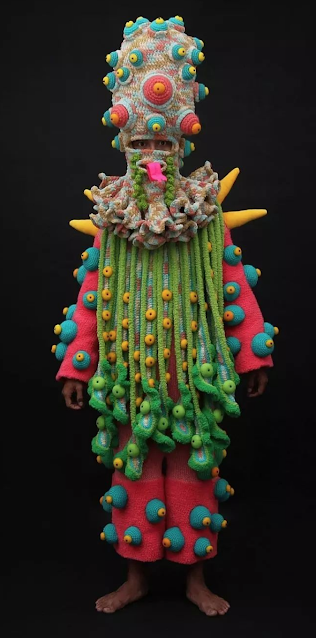Featured
- Get link
- X
- Other Apps
The Story of Matariki in Aotearoa
What are the Māori names of the stars?
There are 9 Māori stars and each star is important for our wellbeing and environment.
- Matariki
- Tupuārangi
- Waipuna-ā-Rangi
- Waitī
- Tupuānuku
- Ururangi
- Waitā
- Pōhutukawa
- Hiwa-i-te-Rangi.
Why is Matariki important?
- Matariki marks the beginning of Māori lunar calendar, serving the same function as new year celebrations in many other cultures around the world.
- For those celebrating, the Matariki ceremony involves studying the stars to try to predict the upcoming year, honouring those who died over the course of the previous year, and making offerings of food to the stars.
WIKI:
Matariki is the Māori name for the cluster of stars known to Western astronomers as the Pleiades in the constellation Taurus. Matariki is a shortened version of Ngā mata o te ariki o Tāwhirimātea, "the eyes of the god Tāwhirimātea".[1] According to Māori tradition, Tāwhirimātea, the god of wind and weather, was enraged by the separation of heaven and earth – his parents, Ranginui and Papatūānuku.[1] Defeated in battle by his brother, Tāwhirimātea fled to the sky to live
with Ranginui, but in his anger he first plucked out his eyes as a
gesture of contempt towards his siblings, and flung them into the sky,
where they remain, stuck to his father's chest. In Māori tradition the
unpredictability of the winds is blamed on Tāwhirimātea's blindness.[2]: 20
- Get link
- X
- Other Apps

easy, right? click on older posts
Contact Me


indeed!
a good thing...

Popular Posts
OTIS: Hazel's blog on Thread, Fashion and Costume: Mulyana
- Get link
- X
- Other Apps
Santa is a Monk or a Psychedelic Mushroom?
- Get link
- X
- Other Apps

.jpg)




Comments